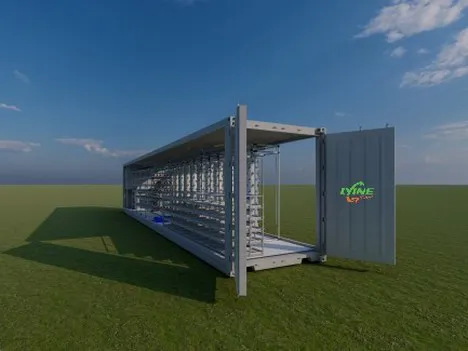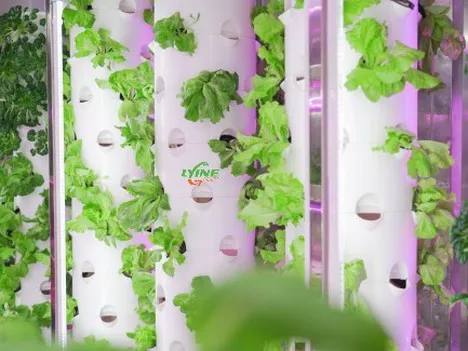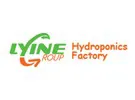There are many problems with the traditional soil cultivation of fruits and vegetables. Continuous cultivation for many years can lead to the depletion of nutrients in the soil, an increase in pests and diseases, and thus affect yield; Pest control Spraying pesticides results in pesticide residues affecting vegetable quality. In contrast, the cultivation of fruits and melons under the soilless cultivation mode has many significant advantages. But this cannot dispel some of the farmers' doubts about soilless planting.

Tomatoes are rich in carotenoids, vitamin C, and B vitamins, especially the highest content of vitamin C in vegetables. According to nutritionists, consuming 50-100 grams of fresh tomatoes per person per day can meet the human body's needs for several vitamins and minerals. After the start of soilless cultivation, many farmers began to try hydroponic cultivation of tomatoes, but there were also many farmers who questioned whether hydroponic tomato cultivation could be successful? Is the quality of hydroponic tomatoes good?
The use of hydroponic tower container farms to grow tomatoes is a new attempt. Containers were originally a means of transportation and storage, and placing hydroponic planting equipment inside the container for vegetable cultivation has many advantages.
Firstly, hydroponic tower system containers can greatly improve crop growth speed, as the specificity of hydroponic cultivation directly provides all the nutrients required for tomato growth with water and nutrient solution. Planting in containers can also shorten the supply chain, and a large number of tomatoes can be cultivated in cities. They can be delivered to people's dining tables during the optimal period of tomato ripening, which is very convenient.
Secondly, in terms of taste, hydroponic tomatoes do not have a worse taste than traditional cultivation. The taste of melons and fruits is not only related to the variety but also to water and fertilizer management, field management, cultivation techniques, and other factors that can affect the quality of the fruit. During hydroponic cultivation, the tomato has a well-developed root system, high water and fertilizer utilization rate, abundant absorption of nutrients, and complete nutrient elements, which are beneficial for improving the sweetness of the fruit, and there is no cracking of the melon or fruit. The tomatoes grown in this way have a better taste. In addition, the occurrence of diseases and pests is eliminated in the container, and there is no need to spray pesticides for prevention and control, which reduces pesticide residues and improves the quality of tomatoes.

Finally, when planting tomatoes on traditional soil, farmers face soil continuous cropping and pests and diseases. Heavy metal pollution and other issues require a large amount of manual labor for soil treatment, which increases the cost of labor once a year. When planting hydroponic tomatoes, only the nutrient solution needs to be changed according to different growth cycles, without the need for a lot of manual labor, saving the cost of planting.
Some farmers have high expectations for hydroponic cultivation, and its cultivation difficulty is also relatively high. For example, the depth and concentration of the nutrient solution can all affect the success of tomato hydroponics.
For more information:
Hydroponics Factory
Xing Yang Industrial Park, He Nan, China
Tel.: +86-135 9260 7568
Whatsapp: +86 135 9260 7568
Email: [email protected]
hydroponicsfactory.com/
